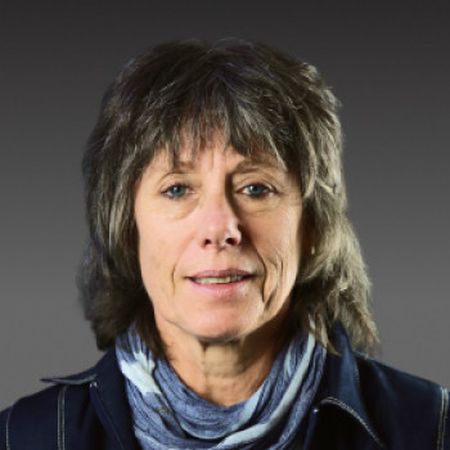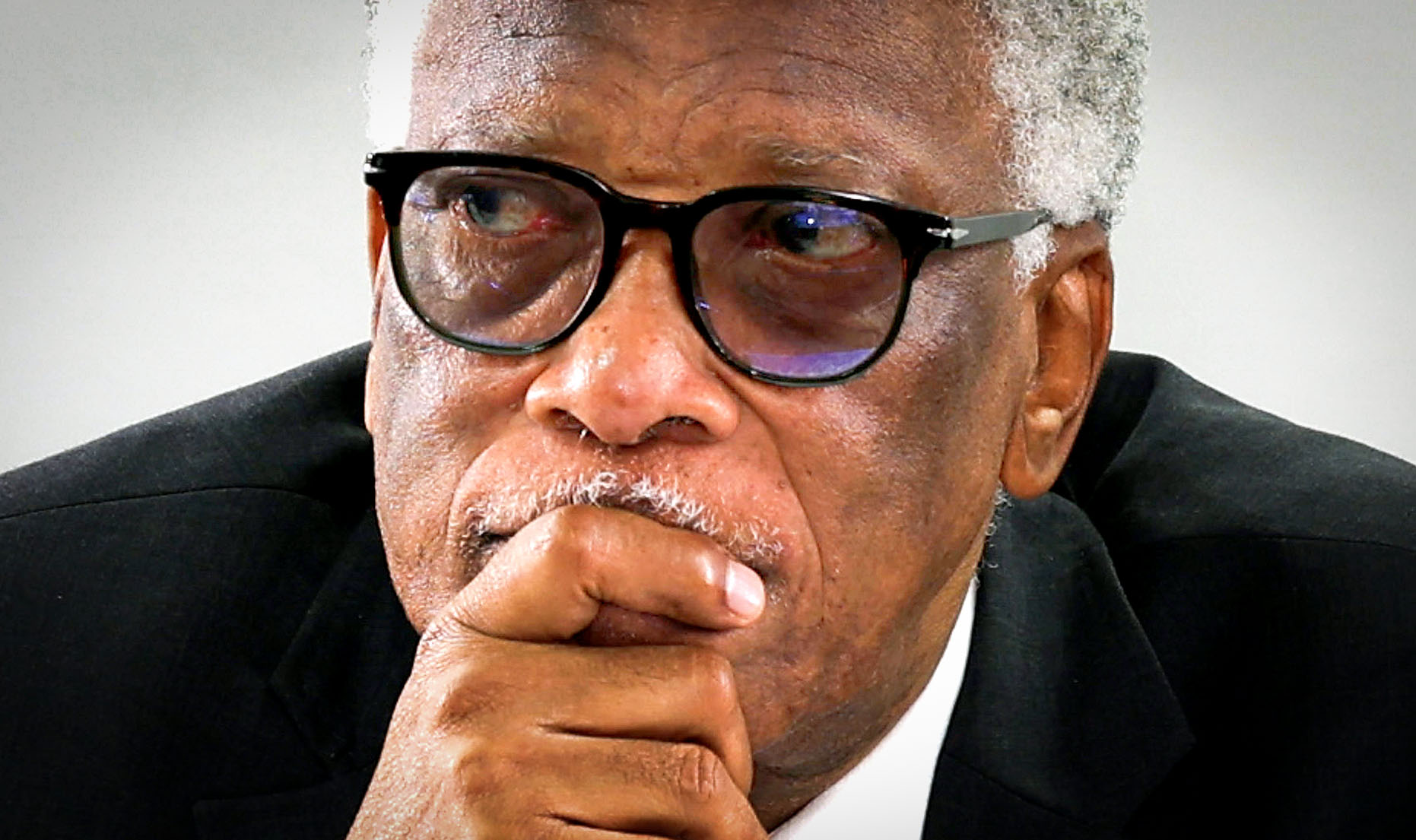During his interview with the Judicial Service Commission (JSC) for the position of deputy judge president of the Eastern Cape in October 2017, Selby Mfanelo Mbenenge explained he had applied because “the people have spoken and I have responded”.
“This is the story of my life,” Mbenenge said again on Monday, while testifying at a Judicial Conduct Tribunal investigating charges of sexual harassment – alleged to have taken place between June 2021 and November 2022 – lodged with the JSC by court secretary Andiswa Mengo.
He was speaking to the challenges and obstacles that had been strewn in his path on his journey to seniority in the judiciary. Mbenenge, one of the most senior judges in the country, has denied the charges and maintained that the relationship had been consensual.
Read more: D-day for Judge President Selby Mbenenge, who faces the inquisition of a lifetime
On Monday, 7 July, Mbenenge again told the tribunal: “You are a judge because the constituency you serve believes that you are judge material.”
He said that over the years accusations of “gatekeeping” had arisen from those who regarded themselves as “judge material” and who had come “knocking” after his appointment.
He set out the various challenges he had faced from the start.
Ambition
Former Chief Justice Mogoeng Mogoeng, during Mbenenge’s 2017 interview, remarked: “I must admit that when I saw your name [on the shortlist for the Eastern Cape Judge President Bhisho seat], I said ‘How, what level of ambition is this?’”
The candidates that had been put forward to succeed former JP Themba Sangoni had been rejected, which was when Mbenenge, then a judge in the division and appointed in 2015, threw his hat into the ring.
At the time, Judges Matter noted that “despite a stellar career as an academic at Walter Sisulu University (formerly University of Transkei), state law adviser and, especially, as an advocate from 1993-2015, Mbenenge is considered still in the potty-training phase of his career as a judge”.
Read more: Tribunal hears Judge President Selby Mbenenge could not take ‘no’ for an answer
There had been concern among some JSC members that Mbenenge had assumed his position “a mere three months prior to his October interview and his swift availing himself for a leadership position causing vast consternation among commissioners”, according to Judges Matter.
Mbenenge’s ambition was described by the JSC as “untrammelled”.
This was the perception due to the deference – in the judiciary and legal fraternity – towards rank seniority. This fraternal hierarchy was challenged by Mbenenge’s appointment, Mbenenge suggested.
Not reserved for Silks only
Mbenenge told the inquiry on Monday that the issue of gatekeeping would later become relevant to the current proceedings.
“Most of us will remember a practitioner who ascended to the Bench was drawn mainly from senior counsel. I am of that school of thought that magistrates can act, attorneys can act as judges, junior counsel could act as judges,” he told the inquiry.
Inquiry chair, retired judge Bernard Ngoepe, agreed with Mbenenge, saying that this would be “the perception against every JP has lived with that until you retire”.
Mbenenge also touched on the controversy of his appointment in 2017, considering he had only spent two years on the Bench.
“When you have just been a judge for two years, the leadership challenges throw up a number of peculiar matters,” said Mbenenge.
Some of his colleagues, he said, had aspirations to serve at the Supreme Court of Appeal, the Labour Appeal Court and the Constitutional Court, but in order to do so they had to declare reserved judgments, and partly heard matters.
Their assumptions that they were entitled to acting judgeships unleashed, said Mbenenge, much “thoughtless” and “humiliating” interactions with the Wild Coast Attorneys Association (WCAA), which had opposed his appointment.
Pushback
Mbenenge spoke about an incident during which he had appointed a particular unnamed candidate to an acting judgeship. He said he raised this at the tribunal in the context of who gets placed as an acting deputy judge president in the absence of an actual DJP.
The WCAA had proposed its own judges who it viewed as more appointable and who were “conversant with the practice in our jurisdiction”.
The Mthatha Society of Advocates later “straightened” the record, refuting the allegation that other judges had not been considered.
Before lunch, Mbenenge also testified that there had been pushback from residents when he had ordered that Grahamstown be changed to Makhanda and Port Elizabeth to Gqeberha.
The tribunal continues. DM





 Eastern Cape Judge President Selby Mbenenge at the Judicial Conduct Tribunal on 3 June 2025. (Photo: Gallo Images / Lubabalo Lesolle)
Eastern Cape Judge President Selby Mbenenge at the Judicial Conduct Tribunal on 3 June 2025. (Photo: Gallo Images / Lubabalo Lesolle)